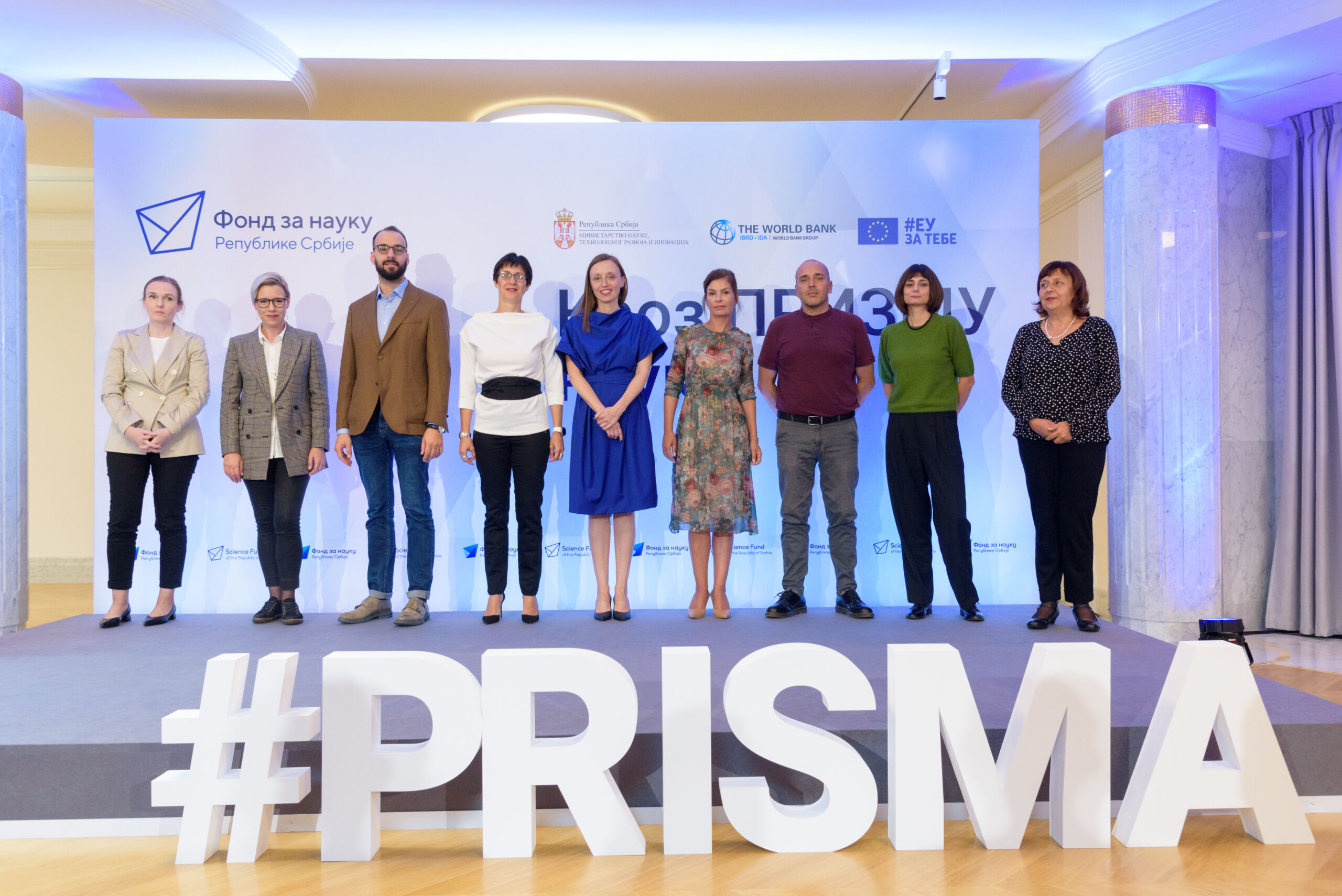Within the Prisma program of the Science Fund of the Republic of Serbia, 97 projects were approved for financing, out of 660 applied for, and two will be implemented within the Climate Crops Centre’s activities in the next 3 years.
The first project is “Nutrition-sensitive breeding of Cucurbita plants – NutSens_PumpBreed” (#6680). In addition to the Institute for Field and Vegetable Crops, as the project leader, partners from the University of Novi Sad also participate in the NutSens_PumpBreed project: the Institute for Lowland Forestry and the Environment, as well as the Institute for Food Technologies in Novi Sad.
The head of the project is Dr. Milka Brdar – Jokanović, and the leader of the work package dealing with the use of biochemical markers for the selection of pumpkin and gourd genotypes more tolerant to abiotic stress is Dr. Biljana Kiprovski, a member of the Climate Crops Centre.
The focus of the project is the breeding of pumpkins and gourds in order to improve the nutritional quality of the fruit and the adaptation of plants to abiotic stress. The concept of breeding to improve nutritional quality in combination with innovative processing technologies is new and significantly different from the majority of previously implemented programs.
The second project is “New biorational methods for stored seed pest control and protection: To serve and prevent – SafeSeed” (#6619). In addition to the Institute for Field and Vegetable Crops, as the project holder, partners from the Faculty of Agriculture, University of Novi Sad (UNSFA), the Faculty of Agriculture in Čačak, University of Kragujevac (UKFAC), and the Faculty of Science, University of Novi Sad (UNSPMF) are participating in the SafeSeed project.
The project leader is Dr. Sonja Gvozdenac, a member of the Climate Crops Centre.
The main goal of the SafeSeed project is to investigate, identify, and define specific seed traits that are responsible for the tolerance and/or preference of the seeds of the main field crops (maize, wheat, barley, oats, rye, sunflower, beans, sorghum, and beans) towards the most important pests of stored products and seeds. The results of the project, such as bio-rational solutions and pest-resistant seed ideotypes and bio-insecticides and seed protectants based on anti-nutritional components from seeds, represent new opportunities for reducing post-harvest losses. A new approach defined by the SafeSeed project in storage pest research will provide insight into some of the mechanisms of tolerance. At the same time, it will enable the development of genotypes resistant to pests from this group, which is extremely important in the unpredictable climatic conditions of the 21st century.


